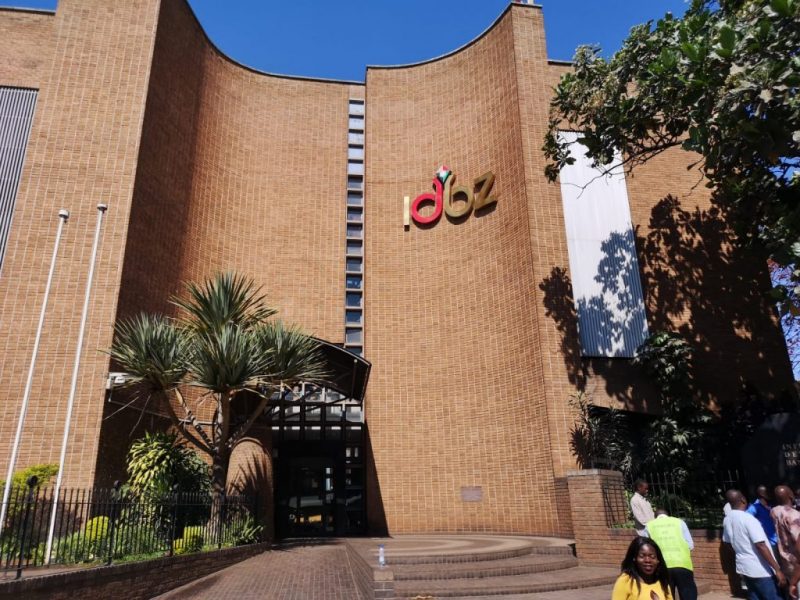Financing for energy infrastructure development still a challenge: Magombo
ENERGY and Power Development permanent-secretary Gloria Magombo says financing remains a major challenge for energy infrastructure development as Zimbabwe struggles to accessinternational funding.
The revelation comes as the World Bank last year revealed that Zimbabwe’s power shortages are costing the economy at least US$1,27 billion annually owing to outdated energy infrastructure.
Outdated energy infrastructure and the inability to build new alternative power generation stations has put undue pressure on the nation’s top sources, the Kariba South Hydropower Station and Hwange Thermal Power Station.
The Kariba South Hydropower Station is generating record low levels of electricity owing to declining water sources while technical faults at the Hwange Thermal Power Station continue to hamper its full potential.
Advertisements
“The International Renewable Energy Agency did a study where, over the last 10 years, through climate finances, we have been promised US$100 billion per year for infrastructure to mitigate climate change and most of it should be energy infrastructure,” Magombo said, at last week’s two-day Annual Sustainability Summit Zimbabwe, running under the theme, Sustainability Beyond the Global Trilemma, in Harare.
“However, most of the investments have happened outside Africa. Africa has accessed less than 2% in the last 10 years and as we know, we have our own challenges in the country. But it is not just about Zimbabwe, it is Africa that has not been able to access financing. We do not have universal access, which others have.”
She said the country wanted to transition to renewables from fossil fuels.
“But we want to transition to modern clean energy and allow our population to have access to it,” Magombo added.
The summit was organised by NewsDay’s sister publication, the Zimbabwe Independent, in partnership with Pivot Africa, Claxon Actuaries and the Africa Institute for Carbon Trading and Sustainability.
“We believe that renewables will take us there faster than any other resource. So as a country, we need about US$9 billion to US$12 billion to deal with rural electrification. We need new power plants. We have built some, but we need to accelerate the building of new ones. So, we need access to new technologies and research and development,” Magombo said.
“We need capacitation. But, most importantly, as we speak about the energy transition, which we need to do to ensure that we meet targets of ensuring that global warming, one of the reasons why we are migrating to renewable energy technologies is so that we create a demand of green energy minerals which are vast in our country, the lithium, nickel, cobalt and copper.”
Speaking during the summit, UK-based Genesis Energy Group chief vice president for Project Development and Finance, Melissa Sikwala, said bankability was the major barrier to climate financing.
“Let me start with bankability issues. At the basis and foundation of any investor the challenge is bankability. When we are looking at bankability, technical bankability,” she said.
“When a developer comes to us, whether your tariffs are good and the payment securities are in place, if the viability of the project is not there, then it is not bankable and they will not be able to put their money into it.”
She noted that credibility and policy inconsistency were some of the other barriers to climate financing.
Sikwala however noted that African countries, including Zimbabwe, needed to be financially responsible to be able to create domestic financing, which gives them liberty to invest in what they want anytime.
The 2019 African Development Bank infrastructure report revealed that Zimbabwe required US$34 billion for the 10 years to build robust infrastructure comparable to regional counterparts.-newsda









